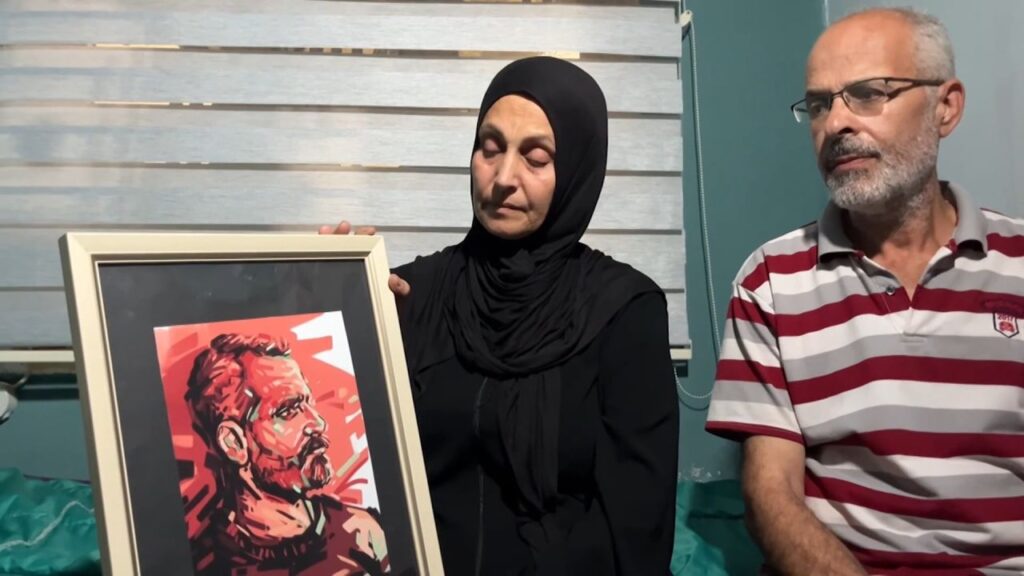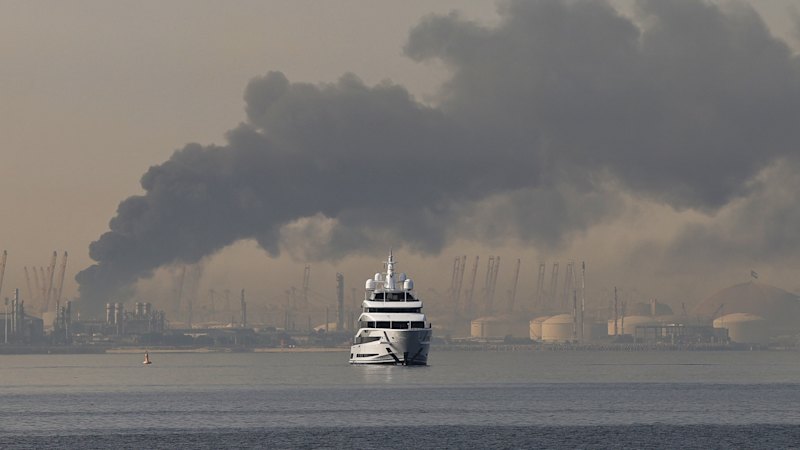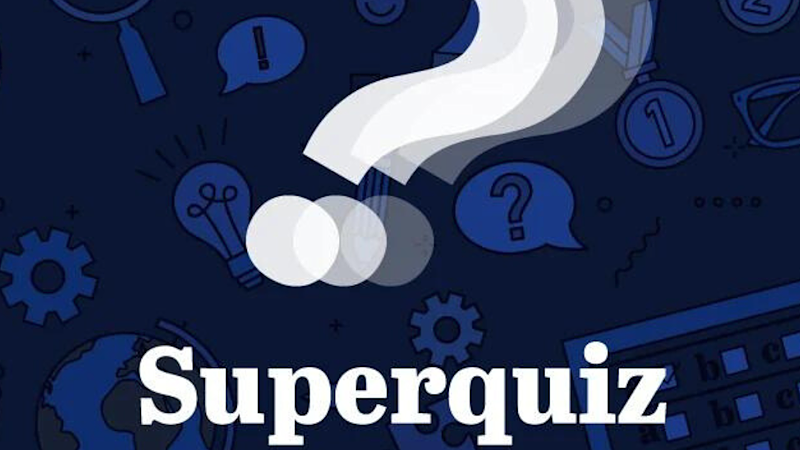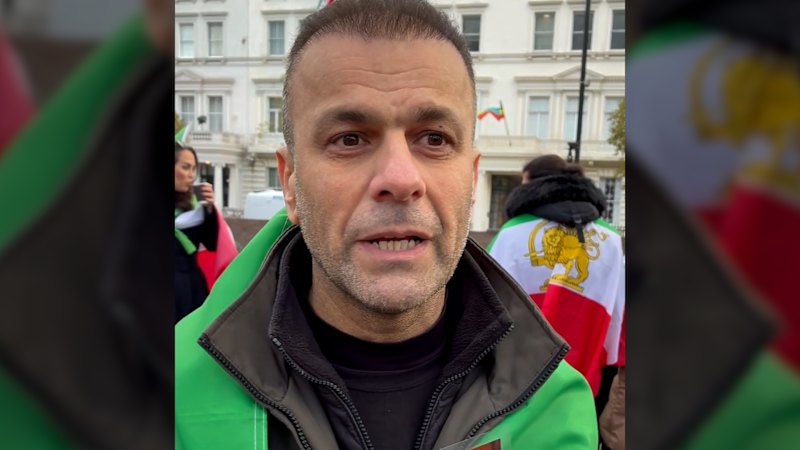
In the early hours of Tuesday morning, a devastating Israeli airstrike hit a bustling waterfront café in Gaza, leaving families shattered and communities in mourning. The attack, which occurred in the densely populated enclave, resulted in numerous casualties and widespread destruction. As the dust settles, the emotional toll on the families affected is becoming increasingly apparent.
The café, a popular gathering spot for locals, was busy with patrons enjoying the evening when the strike occurred. According to eyewitnesses, the scene quickly turned chaotic as people scrambled for safety amid the debris and smoke. The Israeli military has stated that the strike was aimed at a militant target, yet the impact on civilians has been profound.
Immediate Impact on Families
In the aftermath of the attack, families have been left to grapple with the loss of loved ones and the destruction of their community. Many have expressed their grief and anger at the situation. One father, whose daughter was among the victims, described the moment he heard the news: “I rushed to the café, hoping it was a mistake, but my worst fears were confirmed.”
Survivors and relatives of the deceased are now faced with the daunting task of rebuilding their lives amidst the ongoing conflict. The emotional scars run deep, as many recount the terrifying moments of the strike and the subsequent chaos.
Context and Background
The strike on the café is part of a broader escalation in hostilities between Israel and militant groups in Gaza. The region has seen a surge in violence over the past few weeks, with both sides exchanging fire in a cycle of retaliation. This latest incident underscores the fragile nature of the ceasefire agreements that have been brokered in the past.
Historically, Gaza has been a flashpoint for conflict, with numerous military operations conducted by Israel in response to rocket attacks and other forms of aggression from militant groups. The civilian population often bears the brunt of these exchanges, leading to international calls for restraint and dialogue.
Expert Opinions and Reactions
Experts in Middle Eastern politics have weighed in on the recent developments, highlighting the complexity of the situation. Dr. Lina Ahmed, a political analyst specializing in the region, noted, “The ongoing conflict in Gaza is a tragic reminder of the deep-seated issues that remain unresolved. Both sides need to engage in meaningful negotiations to prevent further loss of life.”
International organizations have also voiced their concerns. The United Nations has called for an immediate cessation of hostilities and emphasized the need for humanitarian assistance to those affected. Meanwhile, human rights groups continue to document the impact of the conflict on civilians, urging accountability for actions that result in civilian casualties.
Implications and Future Prospects
The strike on the Gaza café has reignited discussions about the broader implications of the conflict and the path forward. With peace talks stalled and tensions high, the prospects for a lasting resolution seem distant. However, there is a growing consensus among international observers that renewed efforts towards dialogue are essential.
As the families in Gaza mourn their losses, the international community faces the challenge of addressing the underlying causes of the conflict. The need for a comprehensive peace plan that addresses the grievances of both sides is more urgent than ever.
Looking ahead, the focus will likely remain on diplomatic efforts to de-escalate tensions and provide humanitarian relief to those affected. The resilience of the Gaza community, despite the hardships, serves as a testament to their enduring hope for peace and stability.
In the coming weeks, attention will be on how both Israeli and Palestinian leaders respond to international calls for restraint and dialogue. The world watches closely, hoping for a breakthrough that could pave the way for a more peaceful future.






